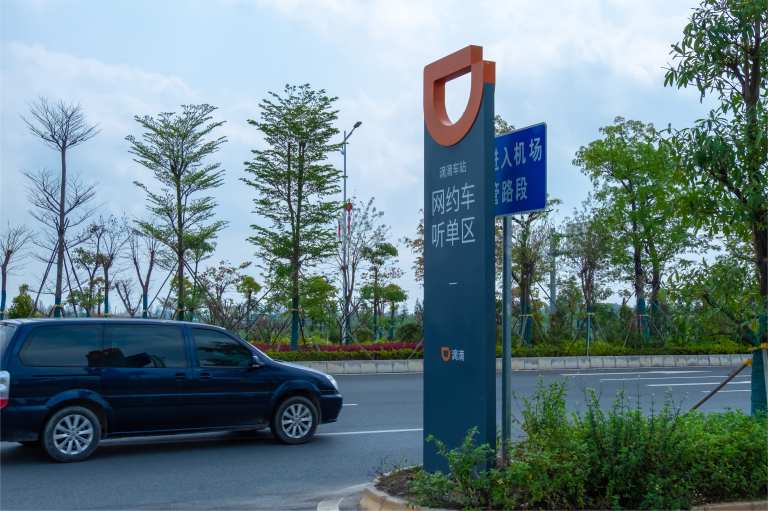Didi Plans Safer Version Of Carpooling Service Hitch

Chinese ride-hailing giant Didi Chuxing has announced it has plans to relaunch its Hitch carpooling service with added safety features.
The company had pledged in 2018 that it would prioritize safety over growth after suspending the service following the murder of a female passenger, according to a report in Reuters on Thursday (July 18).
Didi has no definite timetable yet for the relaunch of Hitch but it is putting forward a proposal for public consultation.
Hitch allowed users to hail a car through their smartphones and share a ride with someone else headed in the same direction. Before it was suspended last year, it was also advertised by Didi as a new way to meet people.
The proposed new service will minimize personal information while offering a way for drivers and passengers to double-check the identity of people they are sharing a car with, the news outlet said. Algorithms will also be able to detect anomalies like abnormal route changes.
A partnership with Chinese insurers is also in the works as well as a separate program for female passengers and drivers.
Didi started offering crowdfunding and lending in January 2019 as a way to distance itself from the murders and other scandals. In December, it announced a company-wide reorganization, meant to improve safety and efficiency.
The services include wealth management tools, credit, lending and crowdfunding for serious illnesses. All of the services are geared toward the company’s temporary and short-term workers. The new products will bring Didi into direct competition with the Alibaba Group and technology giant Tencent.
Didi hopes to take on Uber in Latin America, eyeing Chile, Peru and Colombia. Uber and Didi are already in a fierce battle in Brazil. Early last year Didi acquired 99, a startup in Brazil, to enter the market.
The company is also launching an online financial system targeted toward car leasing and fleet management companies. The new service will try to make the lives of Didi’s partners easier by providing them with risk-control tools built from the heaps of driver data the company has on its workers.